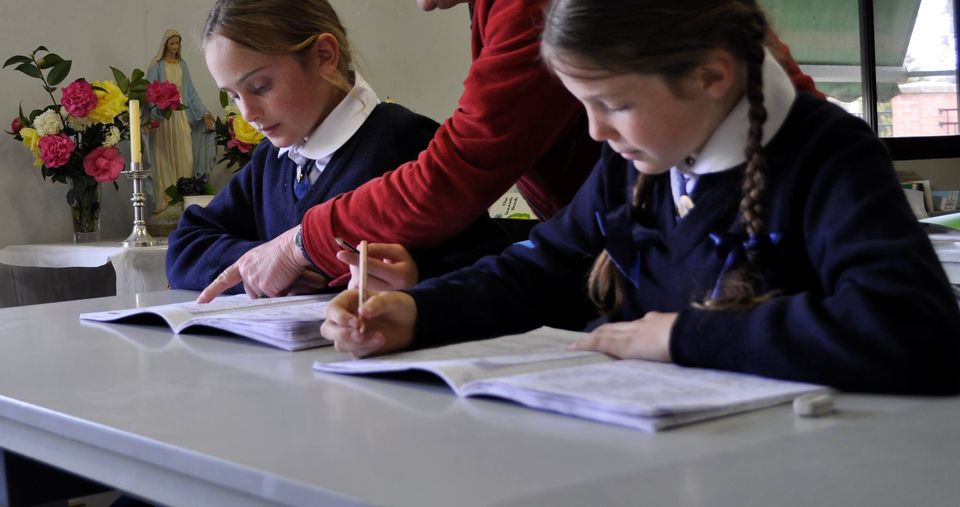Third World is not so poor!
Nigerian Archbishop Ignatius Tells the West!

It was at the extraordinary synod on the family that Archbishop Ignatius Kaigama, 56, burst into the international arena, for a moment creating a stunned silence amid the booming din of speculation about whether the Church might change course over homosexuality or Holy Communion for the divorced and remarried.
He hadn’t quite stuck to the script: The permissiveness prized by the West was not what Africa needed, he said. Countries such as his native Nigeria needed development aid, not “reproductive rights,” gender ideology, and contraceptives, and it was abhorrent to him that overseas aid was now being made conditional on the acceptance of them.
Western governments and organisations were bullying such countries, he said during his intervention, because of “their belief that their views should be our views.”
“We have been offered the wrong things, and we are expected to accept [them] simply because they think we are poor,” he added.
So when I went to hear the Archbishop of Jos speak in Manchester last week, I was expecting to encounter a figure of a certain moral stature, and I wasn’t disappointed. There he was, before the beautiful Gothic altar of the Church of the Holy Name, refusing to take off either his coat or scarf throughout his lecture, probably finding the northern November chill as cold as the Arctic. Though not unusually tall physically, he had the presence of a “big man” all the same.
He was speaking about a subject far dearer to him than the tedious preoccupations of the secular West. He was the guest of Aid to the Church in Need, the charity for persecuted Christians, which has identified him primarily as a peacemaker, and his theme was the struggle for religious freedom. He spoke with authority, having made a massive contribution to inter-faith dialogue with Muslims in a part of Nigeria plagued by Boko Haram, the militant Islamist group which during the last five years has destroyed almost 200 churches, killed thousands, and which in April abducted more than 270 female students, most of whom are still missing.










